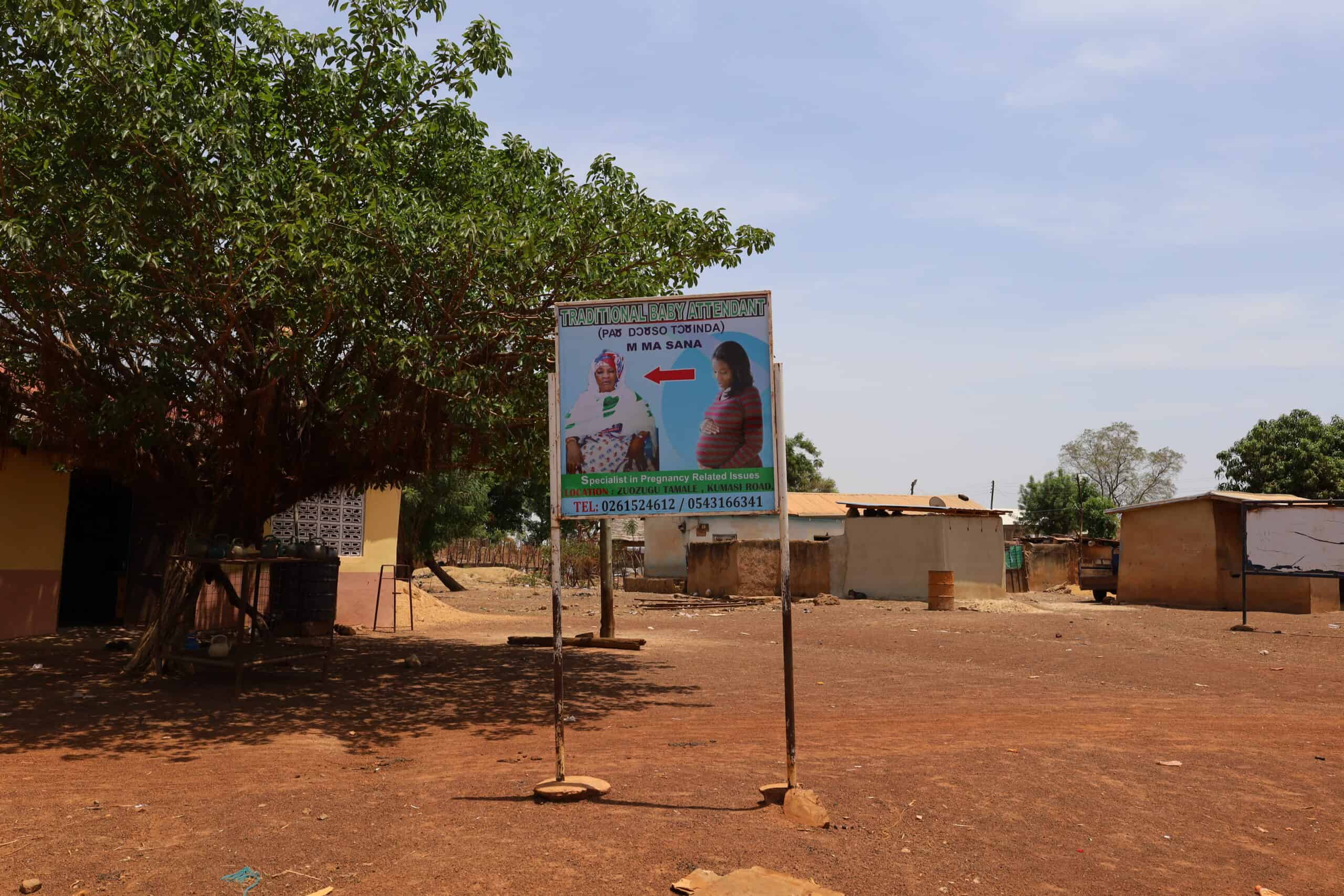Traditional Birth Attendants in Africa: Role, Benefits, and Risks Explained
While exploring rural Tamale in northern Ghana, I came across something that speaks volumes about life in many parts of Africa. It was a simple signboard advertising the services of a traditional baby attendant. It made me reflect on how many women across rural Africa still rely on these attendants for childbirth and maternal care.
So, what exactly are traditional birth attendants (TBAs), and why are they still so crucial in 2025? Let’s dive into it.
What Is a Traditional Birth Attendant?
A traditional birth attendant is typically a community-based woman with no formal medical training but with deep-rooted experience in helping mothers give birth. Their skills are often passed down through generations, and they play a huge role in places where access to hospitals and clinics is limited or non-existent.
In Ghana, Nigeria, Kenya, and many other African countries, TBAs are known by different local names, but their role remains the same. They guide women through pregnancy, childbirth, and postpartum care, often using a mix of traditional knowledge, herbal remedies, and hands-on experience.
The Role of Traditional Birth Attendants
On my trip, locals explained that TBAs aren’t just there for the moment of delivery. Their role includes:
-
Prenatal support: Checking the baby’s position, giving herbal tonics, and advising on diet and rest.
-
Labor and delivery: Assisting the mother through natural childbirth at home or in basic village facilities.
-
Postnatal care: Helping with breastfeeding, newborn care, and recovery advice for the mother.
TBAs are often the first and only resource available to many women, especially in remote villages far from hospitals.
The Benefits of Traditional Birth Attendants
After seeing and hearing firsthand accounts, I can tell you there are several clear benefits of having TBAs:
-
Cultural comfort: Women feel more at ease giving birth in familiar surroundings with someone they trust.
-
Accessibility: TBAs live within the community, making them much easier to reach than distant hospitals.
-
Affordability: Their services are often much cheaper or even based on barter or goodwill compared to formal healthcare.
-
Emotional support: TBAs often provide comfort that goes beyond physical care, acting like a mother figure or confidante during the process.
In many cases, they have saved countless lives simply by being available when no one else could be.
The Risks and Challenges
However, my conversations in Tamale also revealed the major risks tied to traditional birth practices:
-
Lack of medical training: TBAs may not recognize serious complications like breech births, preeclampsia, or hemorrhaging.
-
No emergency equipment: Without tools like oxygen, IVs, or surgical options, even minor complications can become fatal.
-
Limited hygiene: Sometimes, unsanitary conditions lead to infections that could have been prevented in a hospital.
-
Delayed referrals: In many tragic cases, women are only rushed to hospitals when it is too late.
International health organizations have long debated whether TBAs should be phased out or integrated into modern health systems through formal training.
Moving Forward: A Blend of Tradition and Modern Medicine?
In Ghana and many other countries, efforts are being made to train TBAs in basic medical knowledge, hygiene, and emergency response. I believe this is a crucial step. Completely replacing TBAs is not realistic in the short term, but strengthening their skills could make a real difference in maternal health outcomes.
My visit to Tamale reminded me of the delicate balance between tradition and progress. It is inspiring to see local women step up to care for their communities, but it is also clear that more support, training, and infrastructure are urgently needed.






